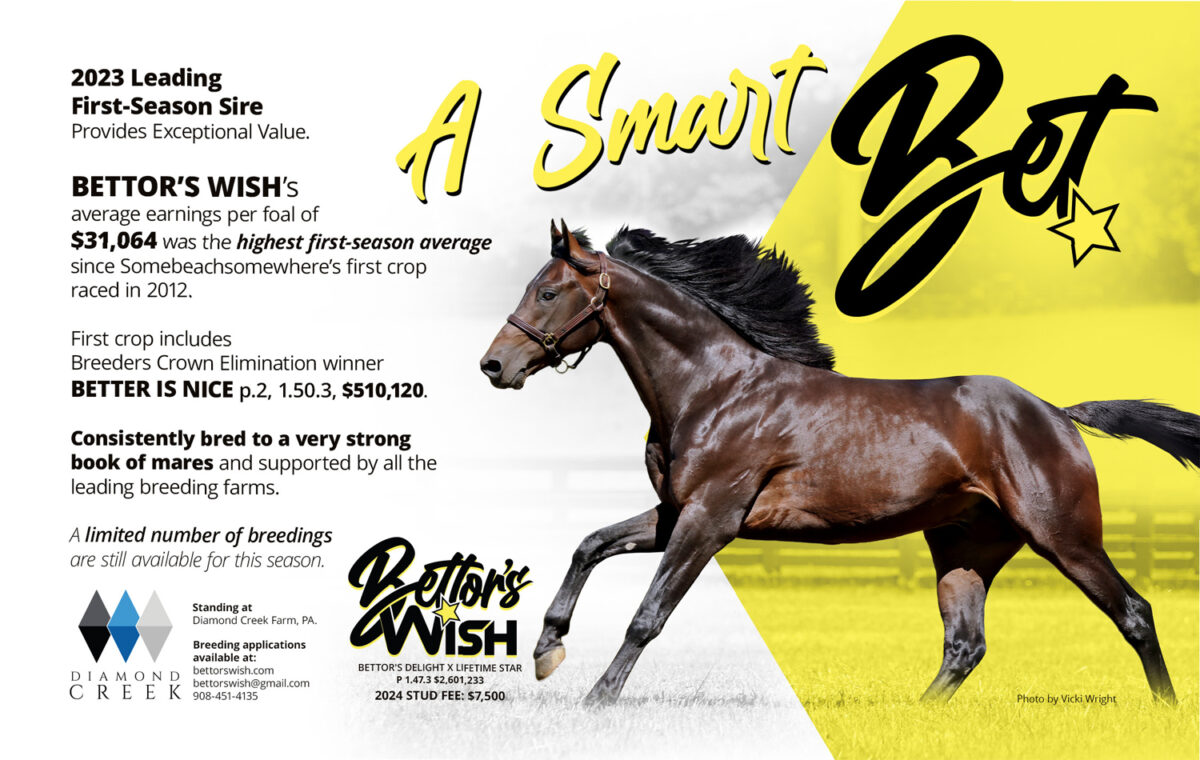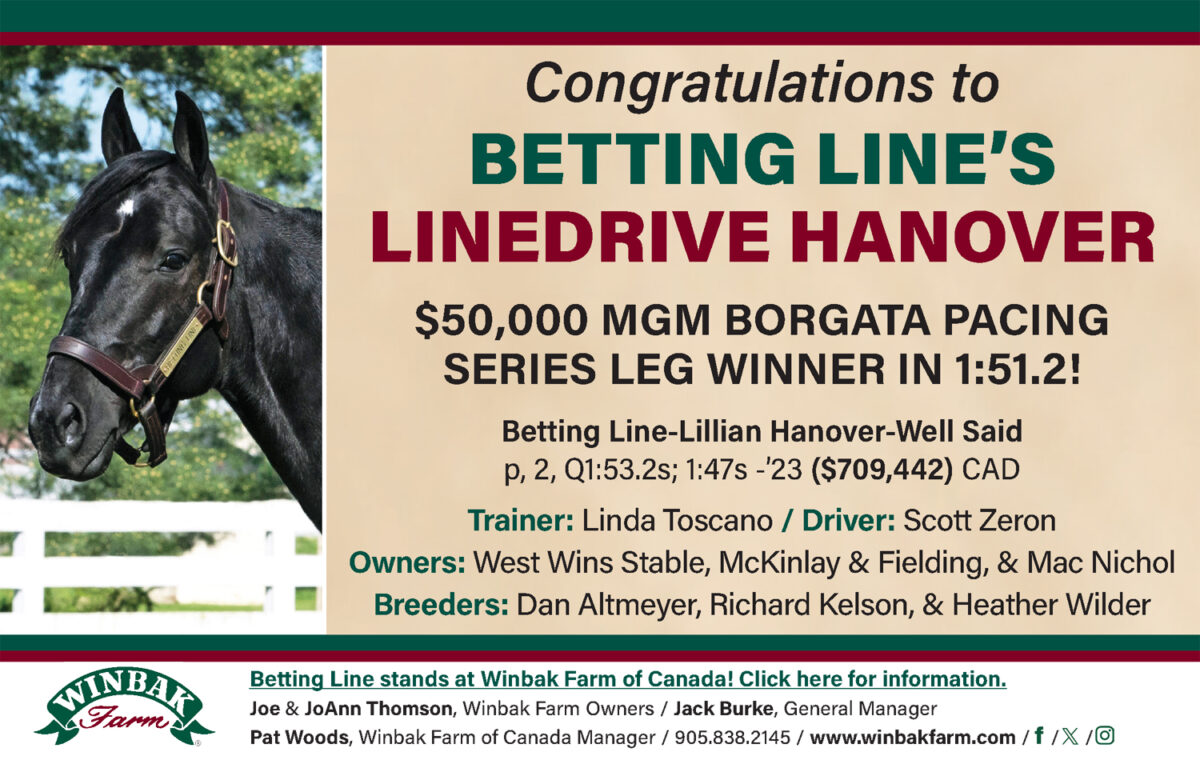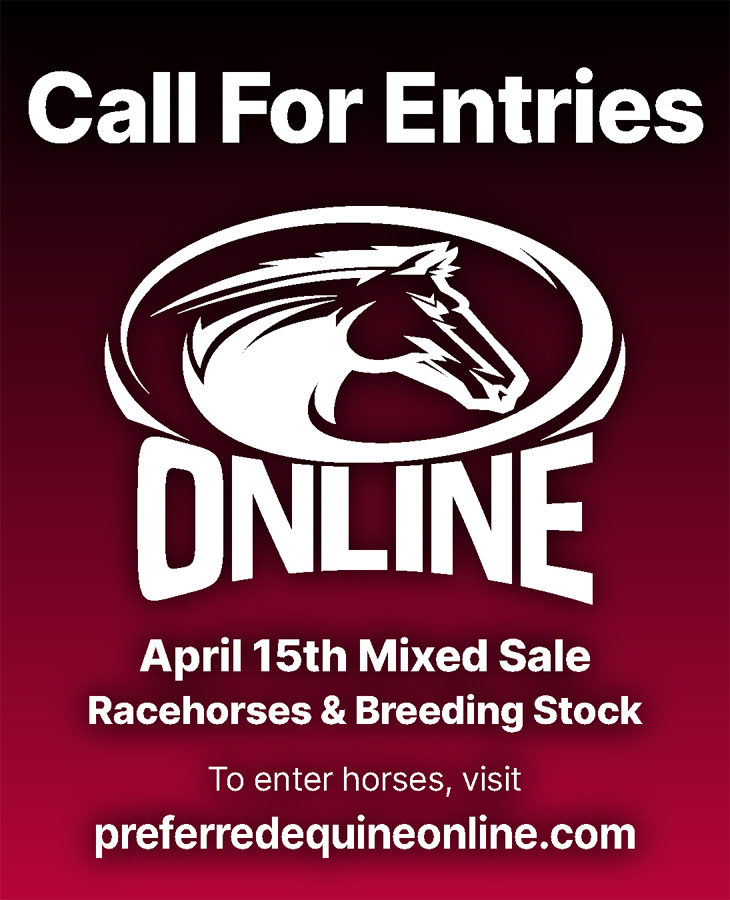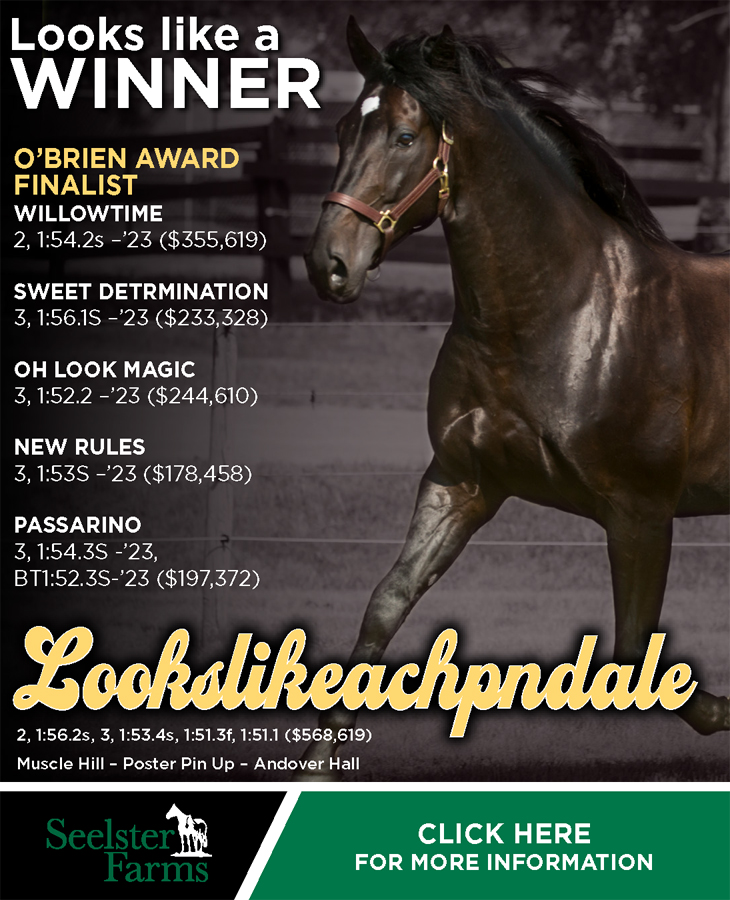

Writing a personal odds line — the path to understanding true betting value
by Frank Cotolo
Already, Bettors Banquet (BB) sequestered you from the outside influences that, sadly, turn handicapping into a community project. Now, you are forced to free yourself from that entanglement, sever the dependency and go at the game on your own device, using your own experience, knowledge and intuition, because now you are going to dismiss all the pundits and know-it-alls and write a personal odds line (POL). It will be the single most important thing you will ever do in any effort you make to profit at pari-mutuels.
The main reason for the importance of the process is that it has everything to do with the actual definition of “value,” which we will disclose and explain in upcoming BBs after a few examples of writing a POL.
Continuing where we left off in the previous BB (full story here), we offer our first lesson and do so as usual, turning to our two fictional bettors, Delaney and Ollie. Refer to the odds-to-percentage chart (OC) you should have obtained free from an Internet search (per the previous BB column) for all examples.
In lesson one, the contrast between our characters approaches when writing a POL does not include the use of specific handicapping elements. For now, what is important is to understand the simple math involved in writing the line and the fact that you do not entertain any wagering for the race you are calculating.
We are using the sixth race at Western Fair on May 8. It is an eight-horse field that scratches one entry. It is a basic claiming race for horses and geldings with a tag of $7,000 and a slight condition.
Here goes.
First, there’s Delaney, who by now readers of BB know does not always follow directions with dead accuracy. He is armed with a hand calculator, his OC, and has established that for him the race has three major contenders: Spider Man Hanover (3), Real Beagle (1) and Strokin (6). He sticks to his order of probable finish and assigns odds:
Delaney tries to answer the fundamental question: If this race were run 100 times, how many times would Spider Man Hanover win? He stares into space. He asks himself, “What is the correct answer?” Delaney does not want to be wrong but has no idea how to answer. He looks at his OC and draws a blank. He asks, “How does this give me an answer?” Time passes; Delaney has nothing; Delaney gives up.
Ollie arrives and Delaney tells him Spider Man Hanover is his top choice to win the sixth race at Western Fair. He says to Ollie, “He’s the best horse, so I’m going to bet him.” Ollie says, “What’s he worth to you?” Delaney stares into space. He asks himself, “What is the correct answer?” Delaney does not want to be wrong.
“He’s worth cashing a ticket,” Delaney says. “I like having a winner.”
“Well I like winners too,” Ollie says, “but I won’t play your 3 horse unless he goes off at 5-2. Seven dollars is what he’s worth to me.”
Delaney says, “I’d take that too but he’s probably going to be the favorite.”
“Then I won’t bet him,” says Ollie.
Delaney stares into space.
Ollie explains to Delaney that he thought if the race was run 100 times, Spider Man Hanover would only win about 29 times or 29 per cent of the time, which, when checking the OC, equals 5-2. Delaney asks, “If that is the right answer, where did you get it?” Ollie explains that the only correct answer is a personal opinion. Then, he shows Delaney how he assigned all of the horse in that race.
Ollie’s POL, in order of his assigned odds:
Horse | POL
Hussys Blu Boy | 2-1
Spider Man Hanover | 5-2
Stonebridge Sting | 4-1
Regal Beagle | 9-1
Strokin | 20-1
Slots Of Fun | 70-1
Stoney Durkin | 95-1
Ollie adds up the percentage values of his odds (rounded out), and the total is 100 per cent. He tells Delaney the 100 per cent equals the “100 times the race would be run.”
The assigned odds in a POL reflect a unique opinion about the race that may or may not be shared with the public. But that is not a concern when measuring a field. Delaney is like too many horseplayers; he is loose with his own opinions about every race he usually will bet. A good POL demands the opposites; firm opinions defined by the unmoving strength of mathematics with no intention of betting on the race (that is another topic entirely—to be covered in future BBs as well).
What happened in the race is moot to our topic because betting or passing the handicapped race is a money-management issue. I can assume one thing, however — Delaney bet the race, and whether he won or lost is an isolated incident, and Ollie may have passed or he may have bet the race and it, too, is an isolated incident.
… to be continued.















